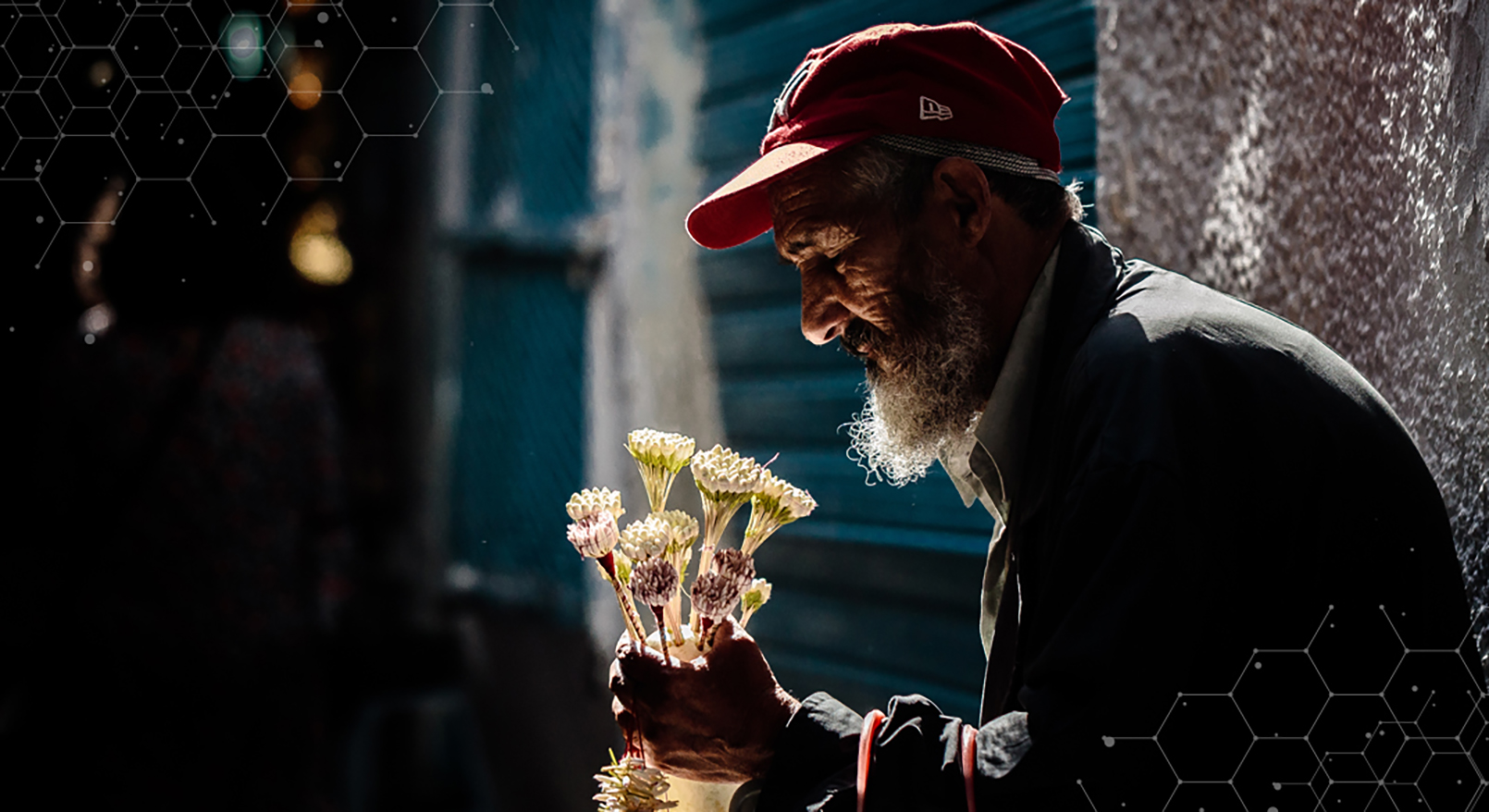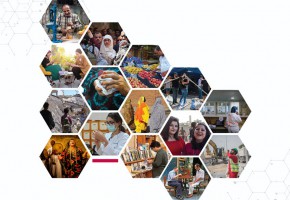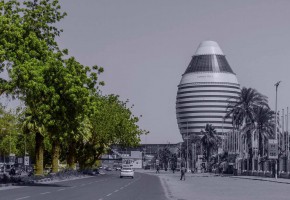
Right to health in Tunisia: The challenges of universal healthcare
This research is a part of the Arab Watch Report 2023 on the right to Health.
Right to health in Tunisia: The challenges of universal healthcare - Ines Ayadi, PhD, & Aida Caid Essebsi, PhD
Please click here to download the full report.
Objectives
This report aims to assess progress toward realizing the right to health in Tunisia according to the criteria of availability, accessibility, acceptability, quality, participation, freedoms, and entitlements while adopting a gender approach. After presenting a review of the current situation, the basis for the right to health and its consolidation in Tunisian law will be assessed. This will be followed by an examination of the right to health and its application by ascertaining the status of criteria and indicators related to this right.
Current situation
Political transformations
In 2011, following the emergence of a popular movement, Tunisia witnessed several political transformations. The regime was overthrown, and a Constituent Assembly was elected in October of that year. However, the political environment faced several disturbances throughout the transitional period. It was subjected to several crippling social, economic, and security pressures that impacted the right to health.
A national dialogue over these difficulties and the 2014 constitution produced a new political system. Legislative and presidential elections were organized in 2014 and 2019. Nevertheless, the political crisis continued to escalate. On 25 July 2021, the President of the Republic suspended Parliament and announced a new political path that led to the promulgation of a constitution approved by referendum on 25 July 2022.
Deteriorating socioeconomic situation
The country’s economy has faced difficulties for years, especially indebtedness and deflation. According to recent Central Bank indicators, Tunisian public debt increased from 40% of GDP in 2010 to about 90% in 2020. Moreover, the economic growth rate did not exceed 0.6% over the past ten years, widening the financial gap and discouraging investment. In addition, the political situation made economic and social conditions even worse. Unemployment levels rose, particularly among women (20.5%) and higher-education graduates (30.1%) (المعهد الوطني للإحصاء في تونس 2022), resulting in the growth of informal migration (Forum Tunisien pour les Droits Economiques et Sociaux 2021). At the same time, precarious work was spreading, especially among women in agriculture. These women lack adequate health and social coverage (السفير العربي 2019) and face risks in transportation and the workplace in light of the ineffective implementation of Law No. 51 of 2019. Finally, high inflation rates led to a decline in citizens’ purchasing power (البنك الدولي 2022) and a shortage of essential goods such as vegetable oil, flour, sugar, rice, and medicines.
COVID-19 deepened the social crisis. World Bank estimates for June 2021 indicated that the pandemic led the poverty rate to rise to 21% of the total population of Tunisia, compared to 15.5% before the pandemic. The poverty map in Tunisia (Banque Mondiale et Statistiques Tunisie 2020) confirmed the growing disparity between regions. The highest poverty rates were concentrated in rural areas, especially in the country’s northwest and southwest regions.
The ongoing pandemic highlighted the need to strengthen efforts to address the social determinants of health as an integral part of the national, regional, and international response to social health crises. Despite the decline in severity, the pandemic’s effects are still tangible. Today, Tunisia’s economy continues to suffer from the repercussions of the pandemic, similar to many other countries. Moreover, the Russian-Ukrainian war exacerbated the economic crisis in the country due to global shortages in essential goods imported from the conflict zone (especially wheat).
On the other hand, worldwide, global warming and climate change affect the economy in general and the social status of citizens in particular. However, they mainly impact the situation of those belonging to the poorer classes. Tunisia is not immune to this impact. Climatic changes are causing severe droughts and a decline in the water level, leading to a potable water shortage. In addition, many fires have broken out in several mountains, destroying parts of the forests in the north of the country, and threatening the interests and status of many citizens.
Ines Ayadi, PhD, & Aida Caid Essebsi, PhD
Please click here to download the full report.
This research is a part of the Arab Watch Report 2023 on the right to Health.
Recent publications

Thematic Report: Exploiting Resources, Ignoring Rights: A Political Ecology of Water and Energy in the Arab World
Related publications


